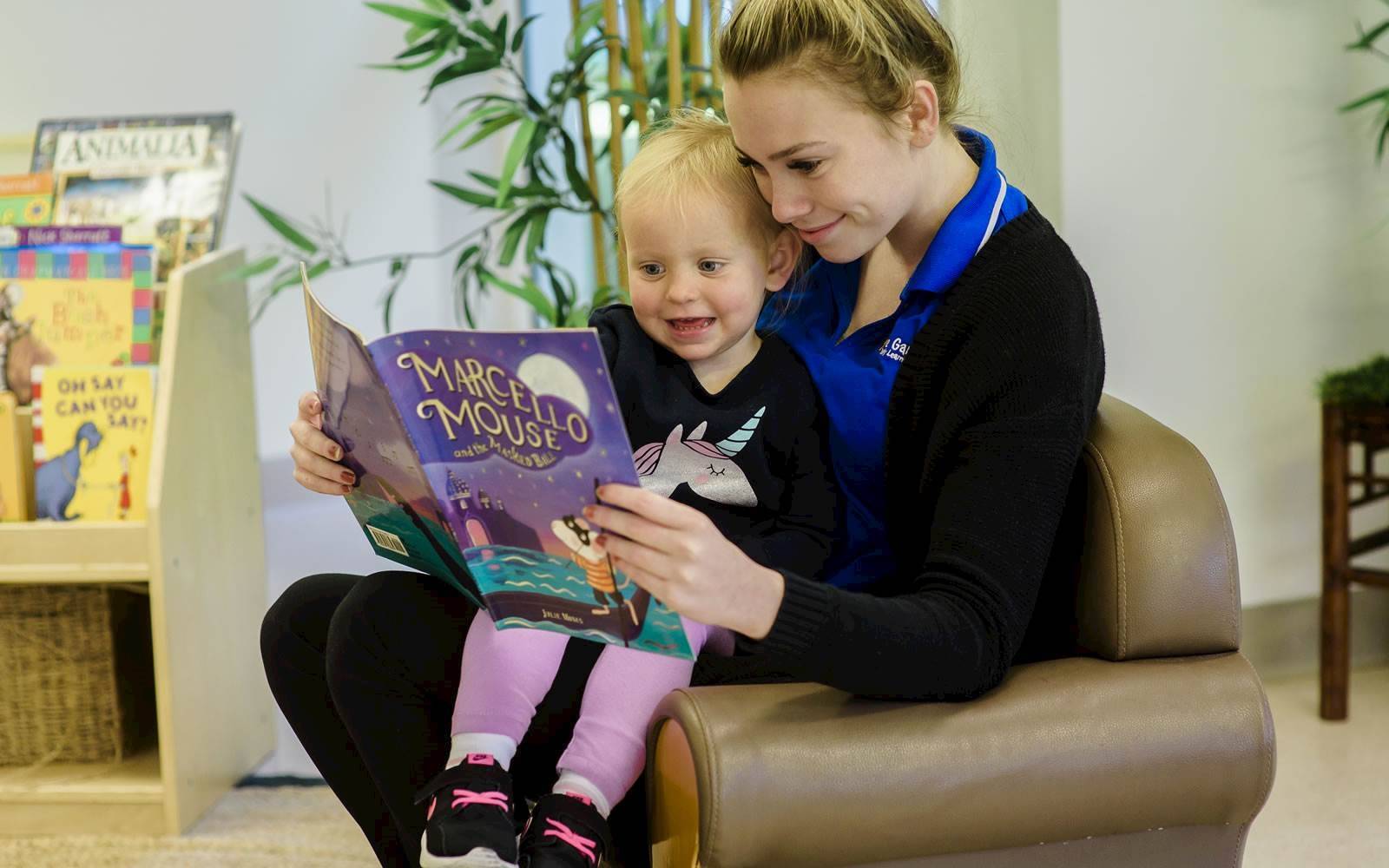Thrive Early Learning Centre - Rosehill
About Verified ( ) Centres
What Is a Verified Centre?
Verified Centres are vetted by Care for Kids. As part of this process, Verified Centres undergo a financial assessment to ensure their reliability and credibility. We maintain an ongoing relationship with Verified Centres and provide them with support so they can offer you fresh and accurate information.
Learn more about our T&Cs.
Why Choose a Verified Centre?
- Trust & Peace of Mind - listing data for Verified Centres is regularly checked and updated
- Transparency – Verified Centres adhere to our evaluation process so you can make informed decisions
- Simpler Search – Spot trusted providers at a glance and save time finding quality childcare

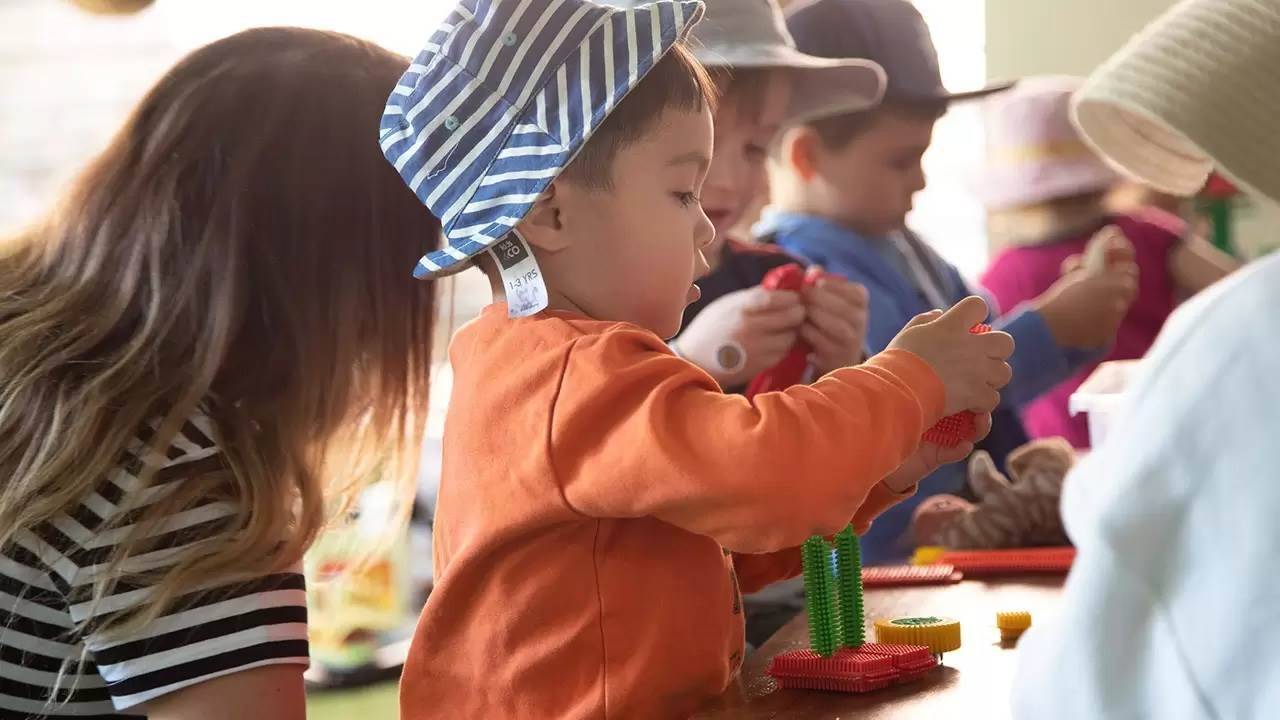
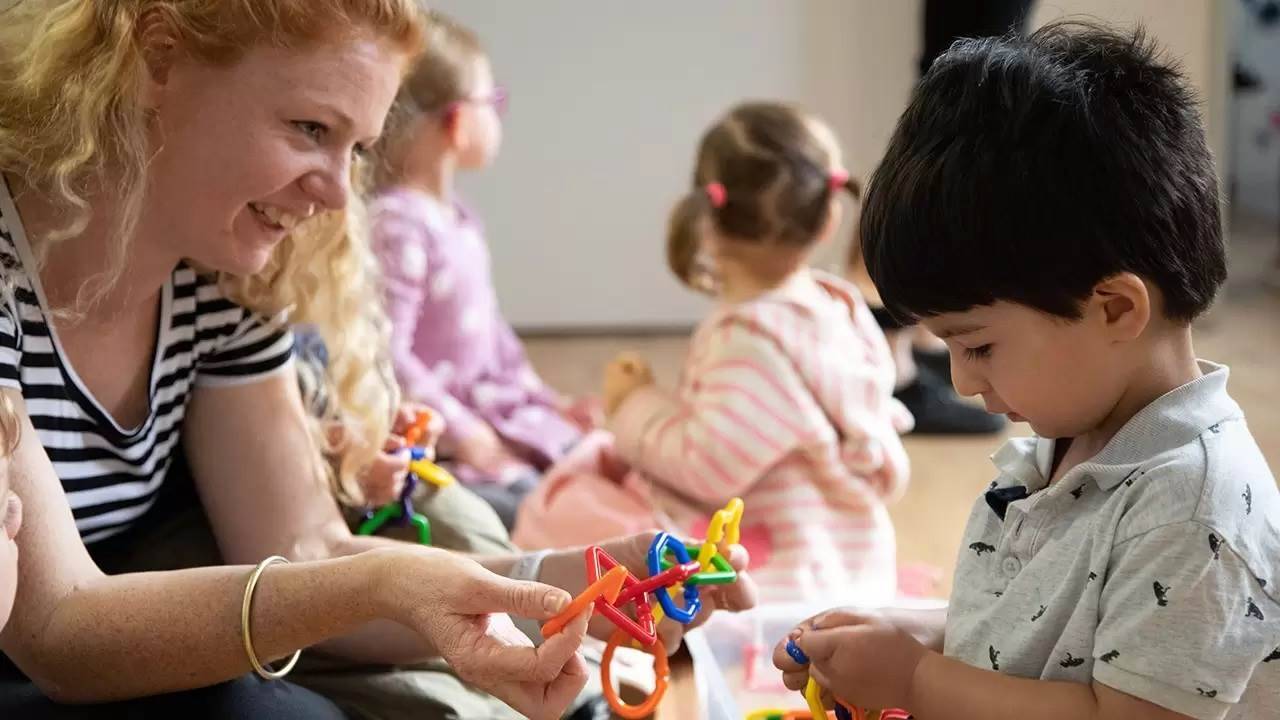
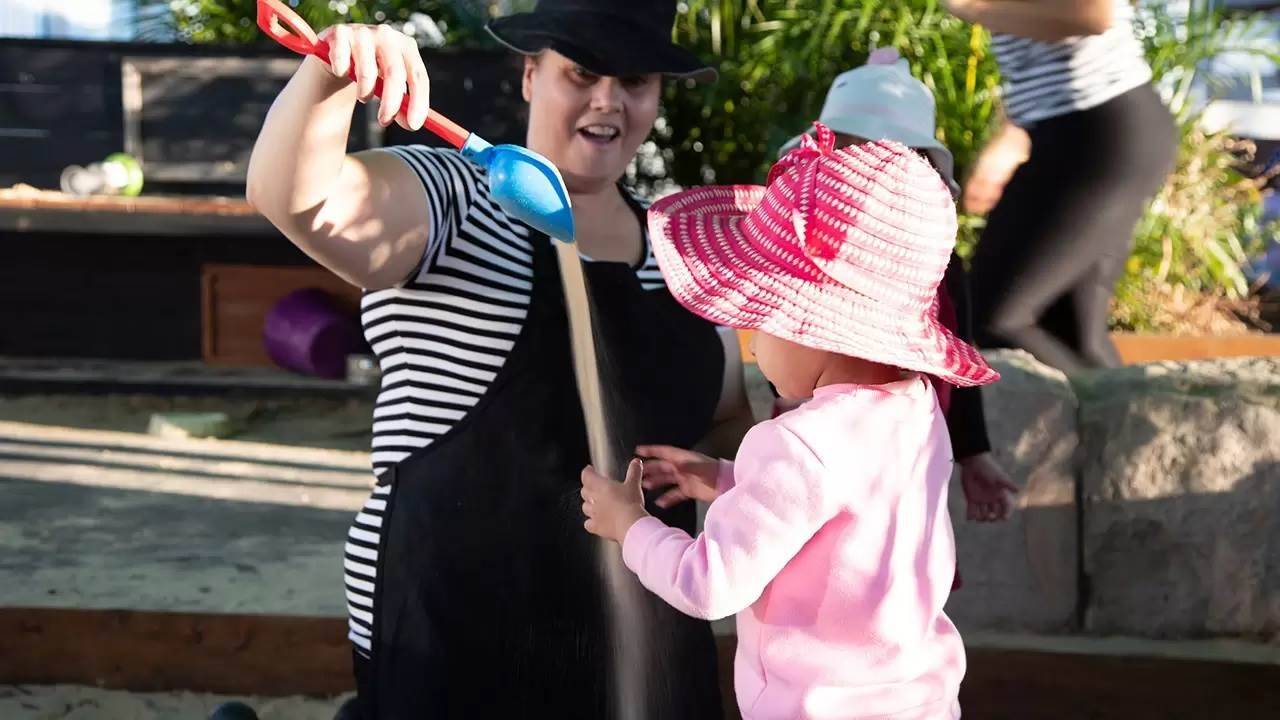
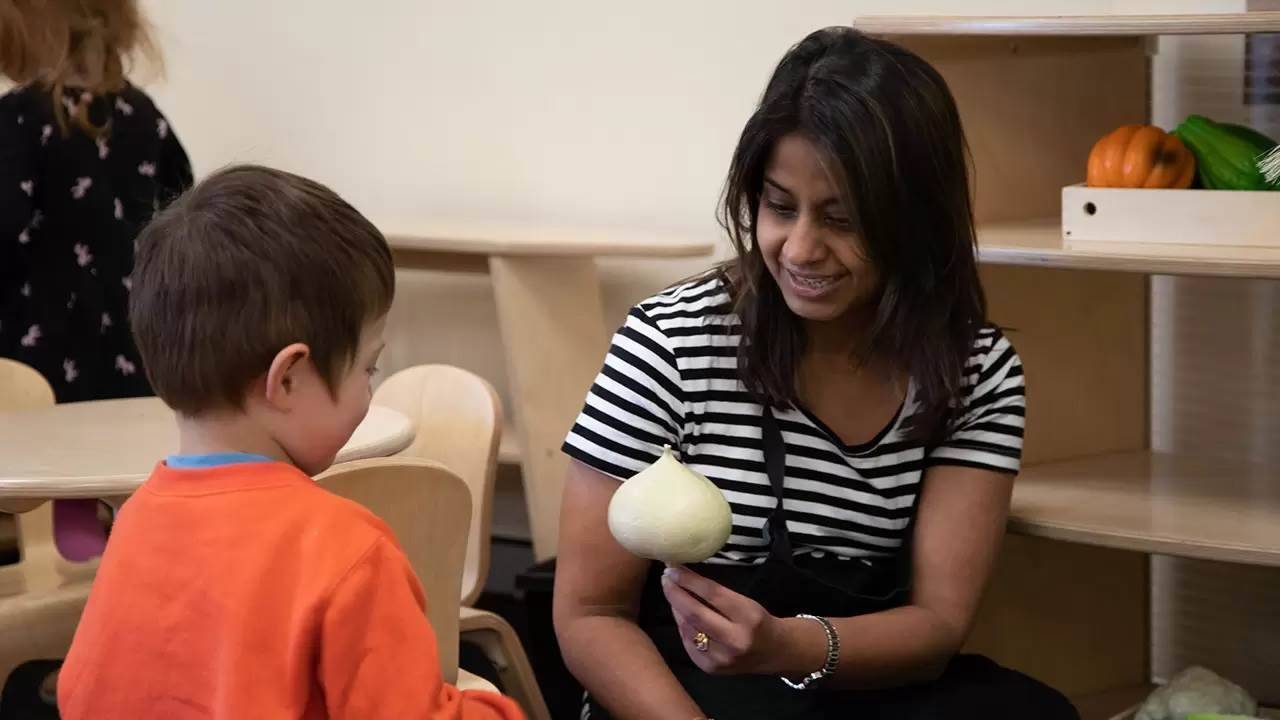
Thrive Early Learning Centre - Rosehill Centre overview
Thrive Early Learning Centre Rosehill offers a brand new, purpose-built environment for children aged 6 weeks to 5 years. The nurturing educators care for the children and help to give them a love of learning they will carry into their school years and beyond. Through a holistic approach, the children develop foundational skills that will serve as the pillars of the educational journey.
The outdoor play space is designed with the children’s physical development in mind. From climbing to running, jumping and more, the children have ample room to explore the great outdoors as they play and exercise their imaginations.
The spaces inside are modern and equipped with a range of resources that cater to the holistic curriculum. The children can read books, draw, paint or tap into their individual interests with different toys and materials.
Conveniently located in the heart of Rosehill, the centre is easy to access with parking on site for safe drop off and pick up times. Why not book a tour of this warm and welcoming centre today?
Recommended centres
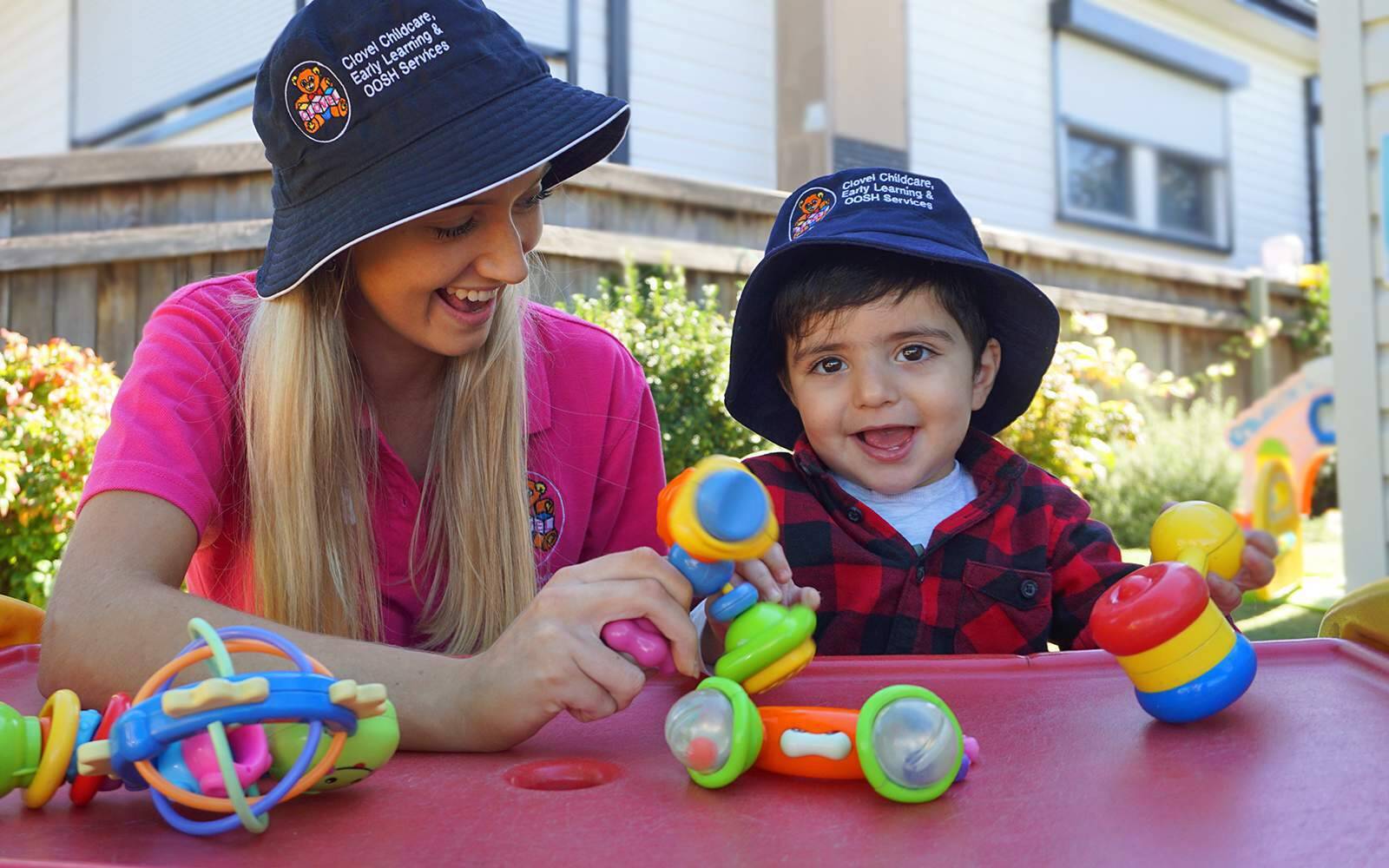
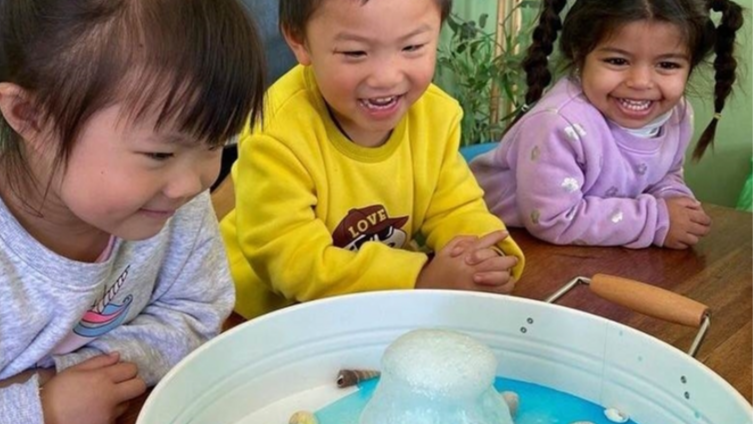
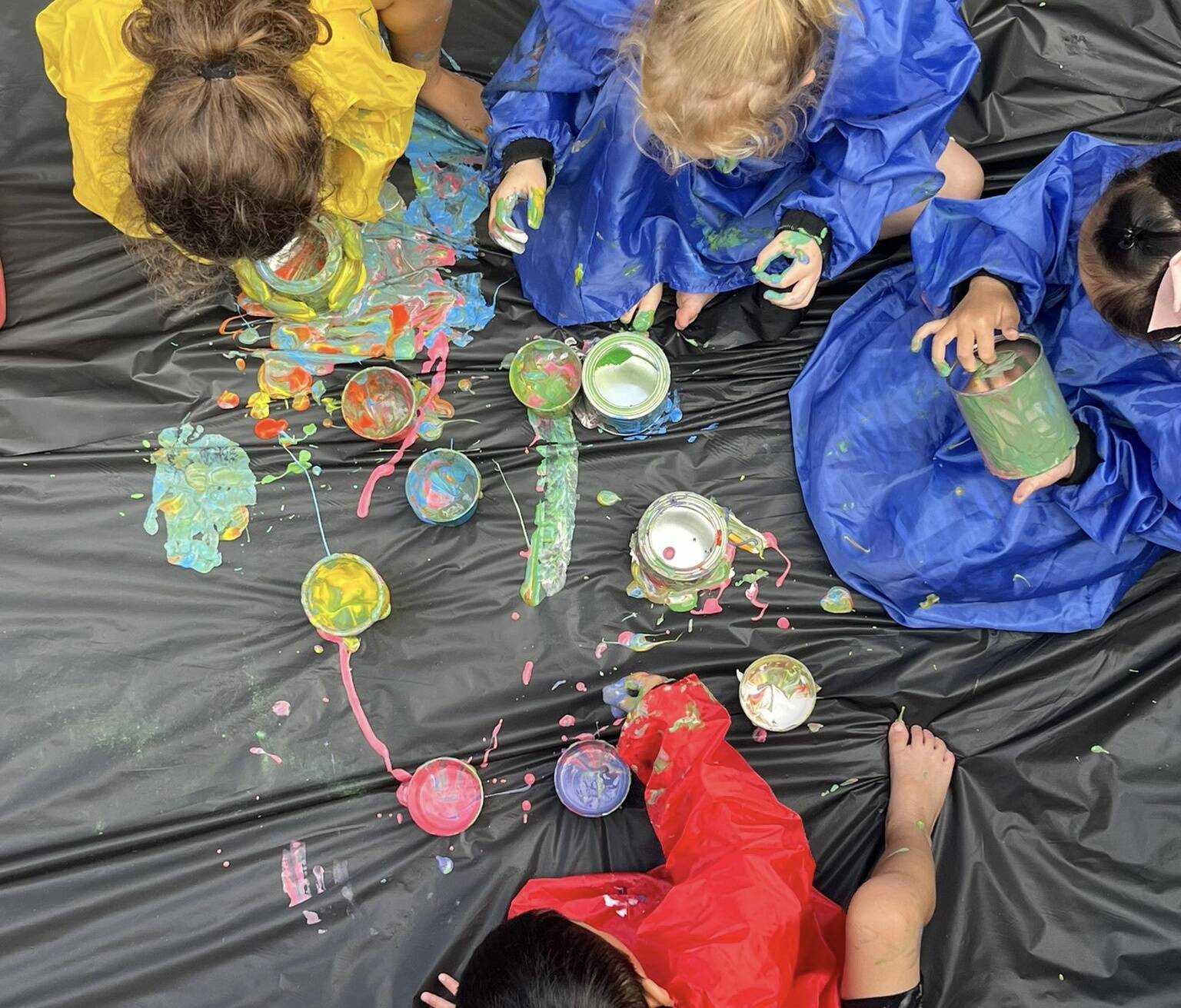
Fees & Vacancies
Thrive Early Learning Centre - Rosehill Service features
See more (5)Thrive Early Learning Centre - Rosehill service include:
Location
103-105 Hassall StRosehill, NSW, 2142

Centre Reviews
One of the best daycare in Parramatta One of the best daycare in Parramatta
They have an inclusive environment. The staff is very helpful and approachable especially Neha and Natalie They have an inclusive environment. The staff is very helpful and approachable especially Neha and Natalie
Amazing educators and administratively managed well! My child loves going to Thrive Rosehill Amazing educators and administratively managed well! My child loves going to Thrive Rosehill

